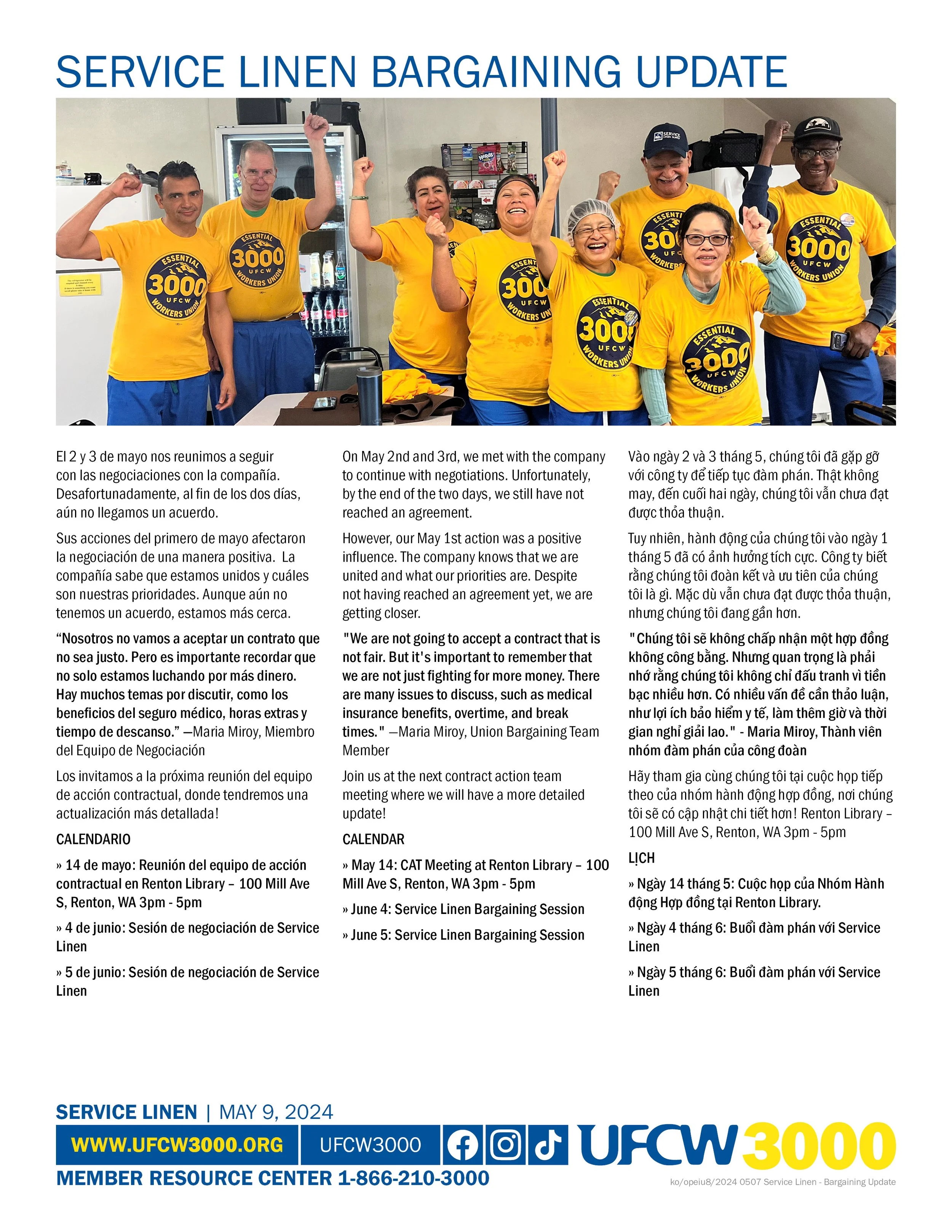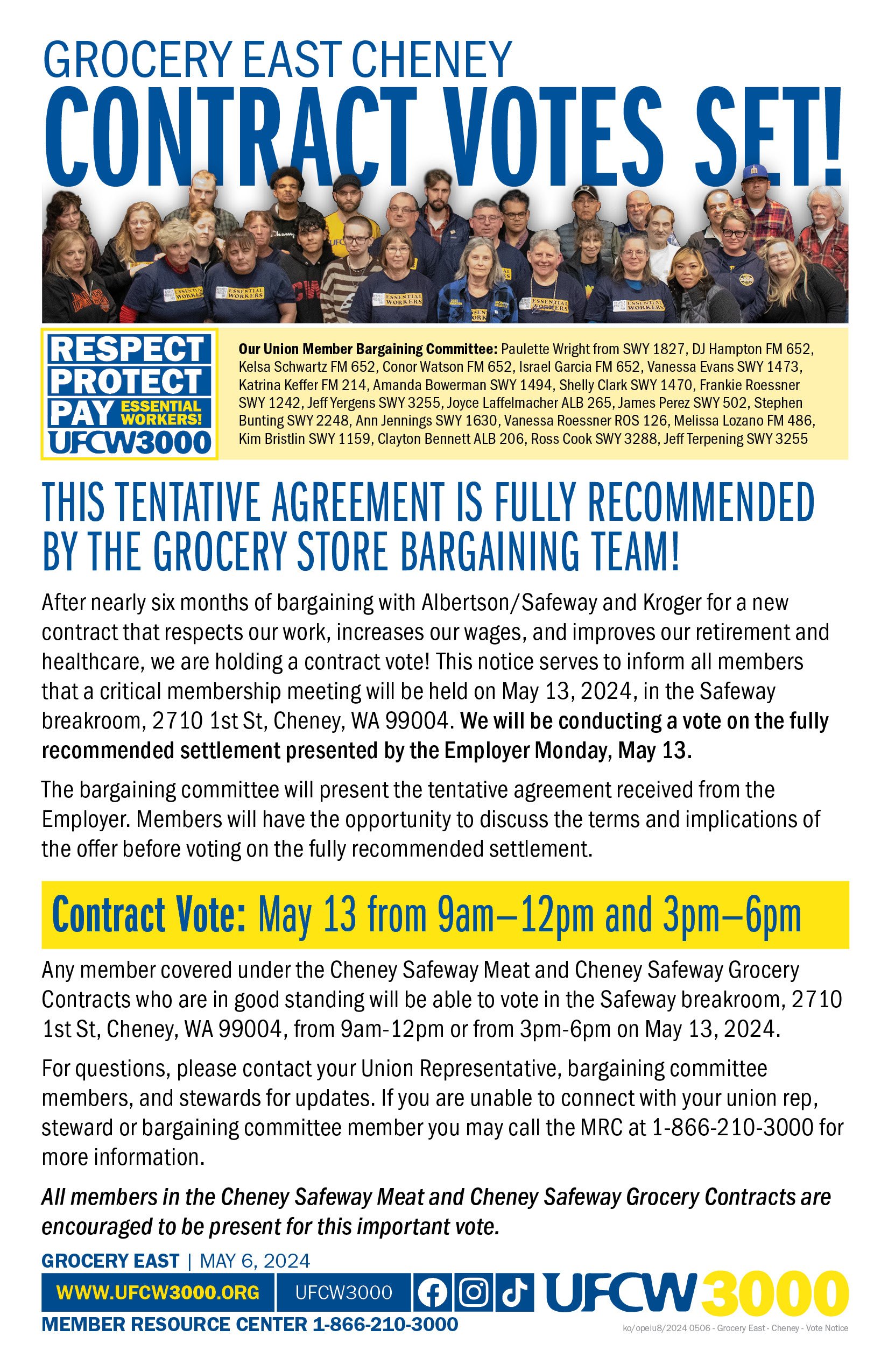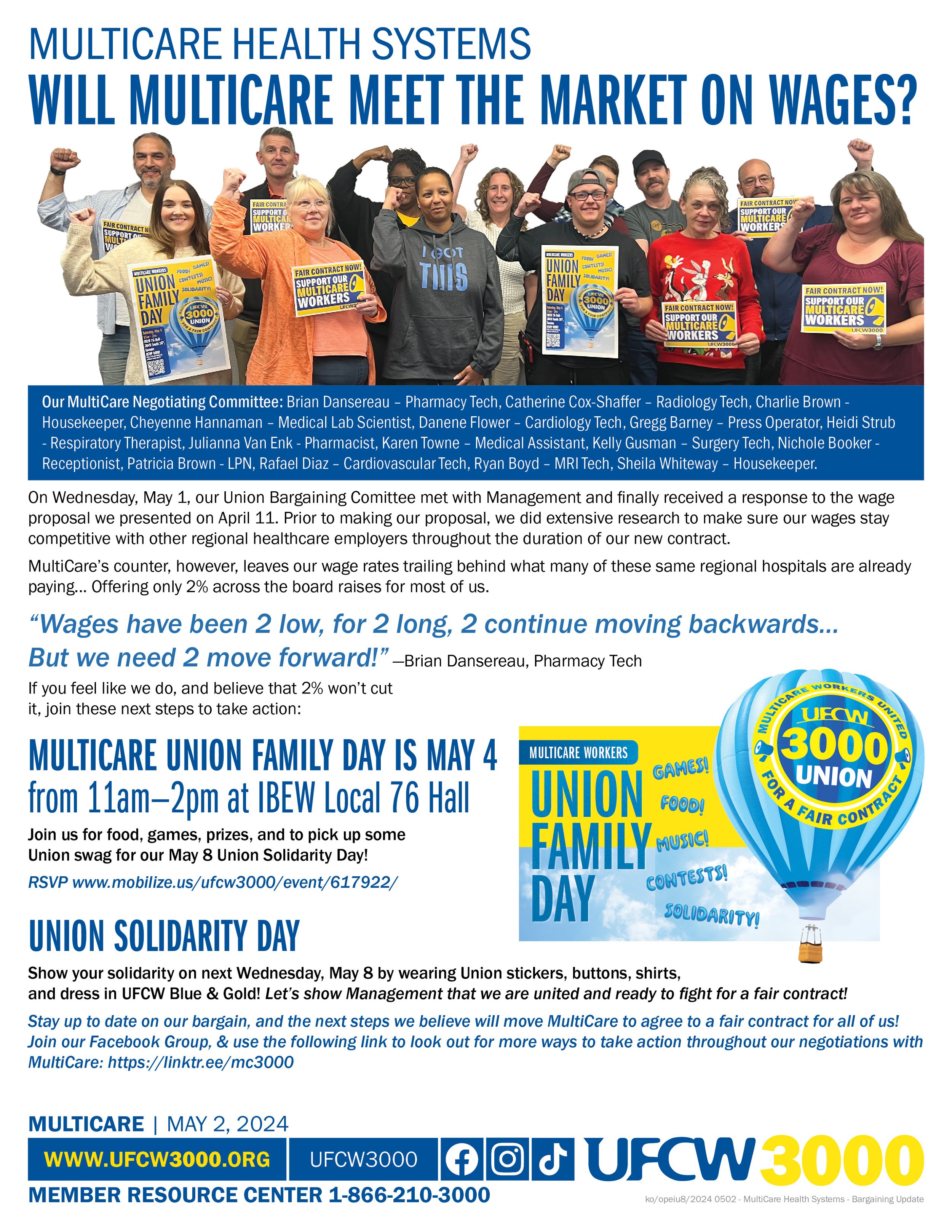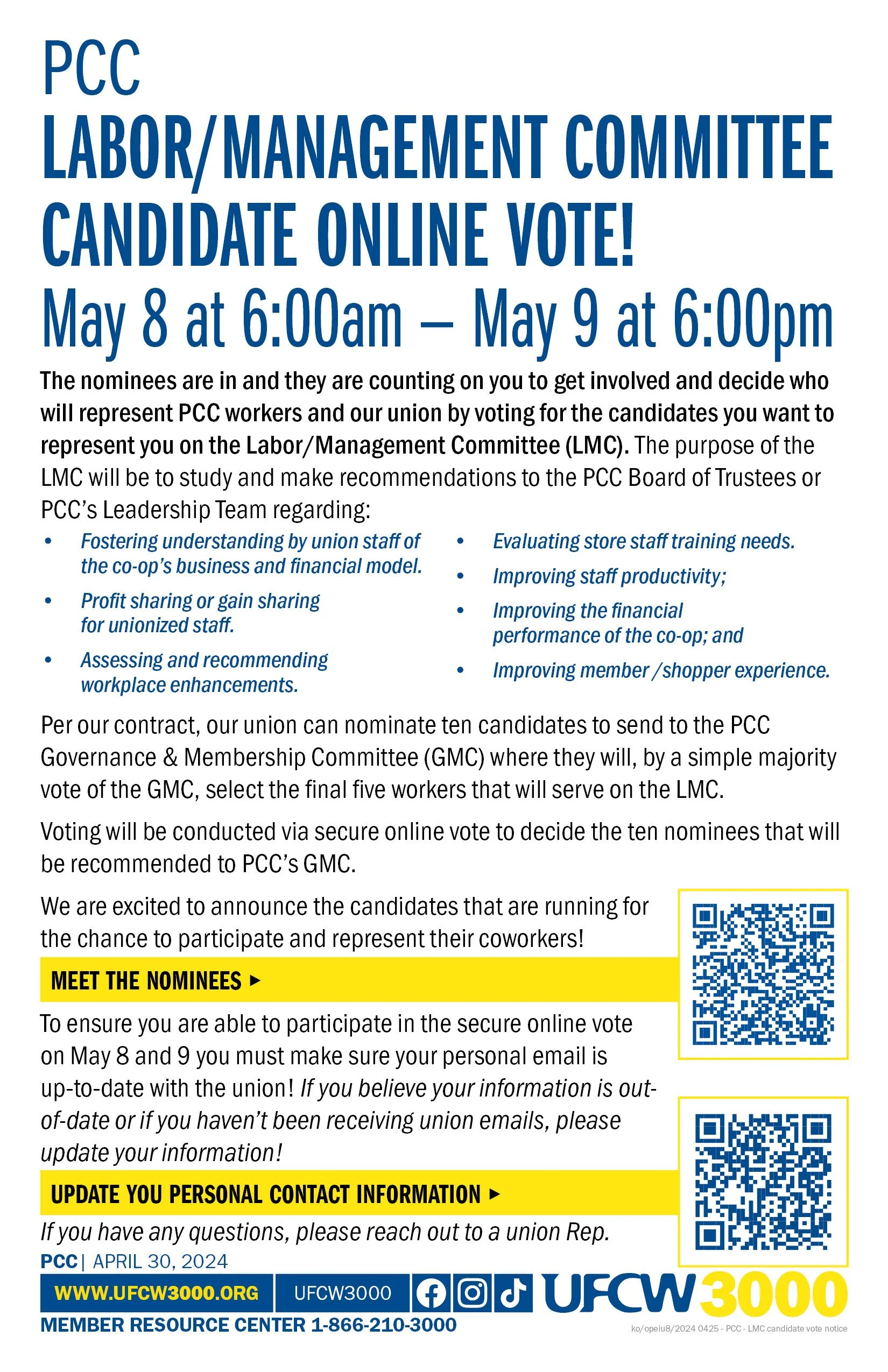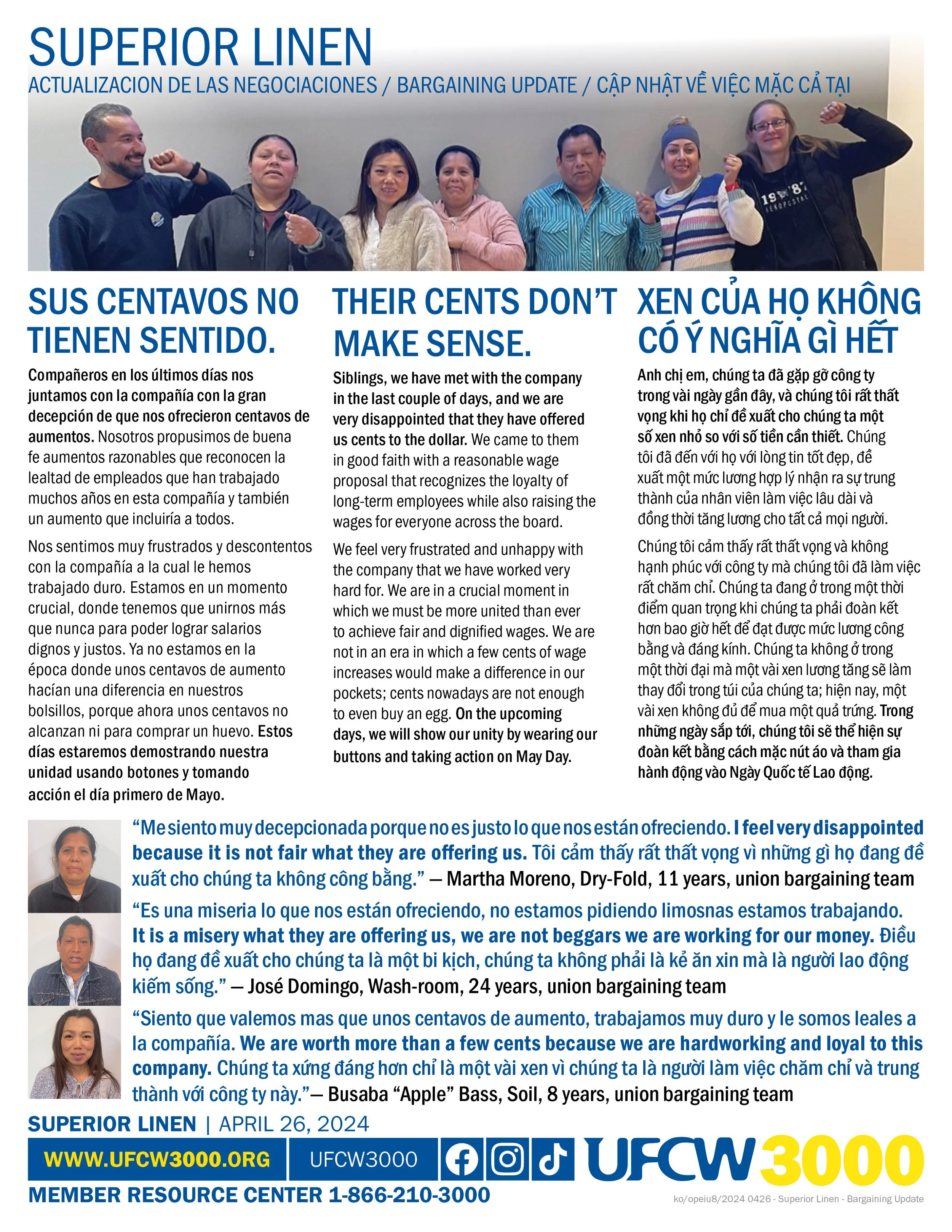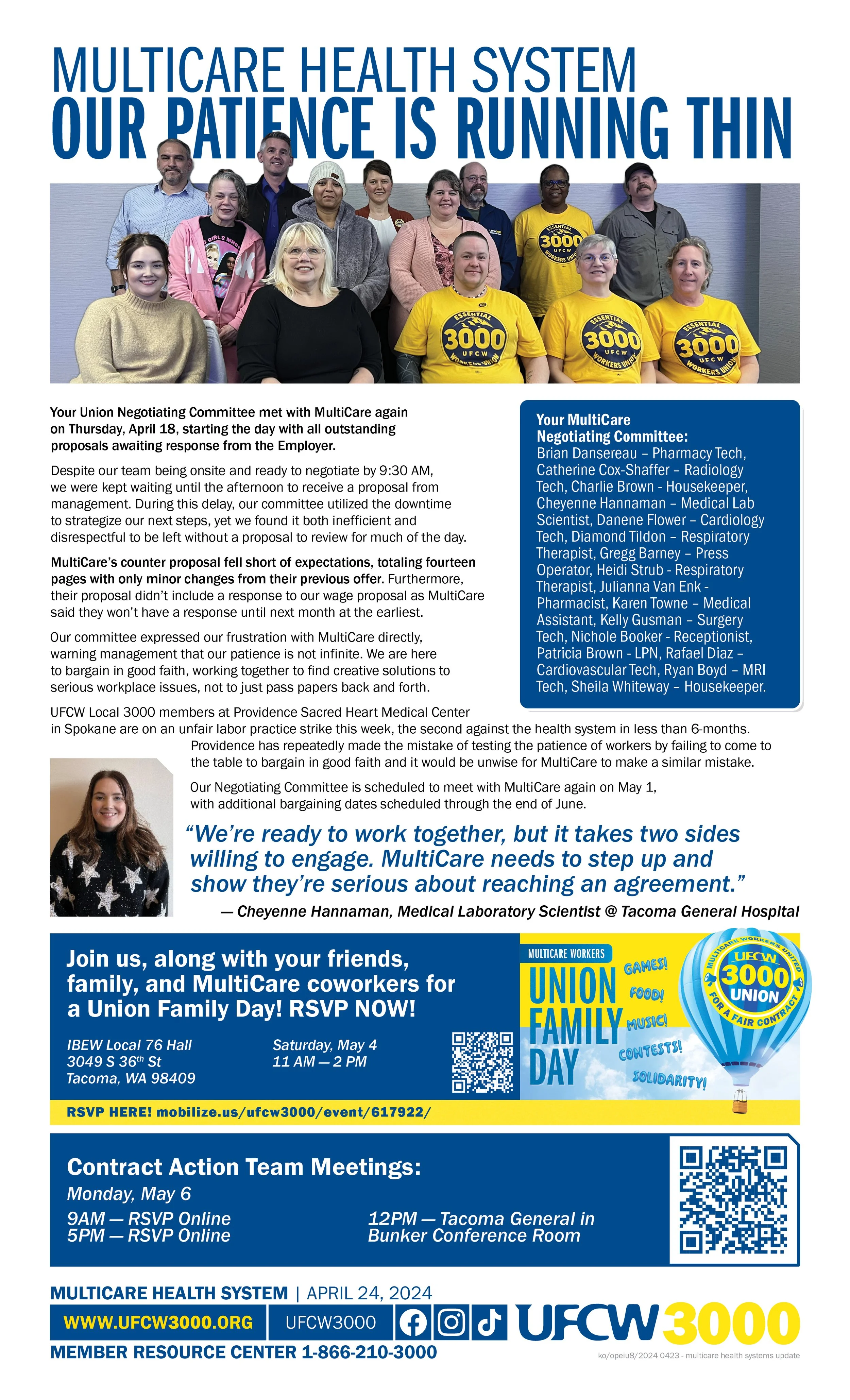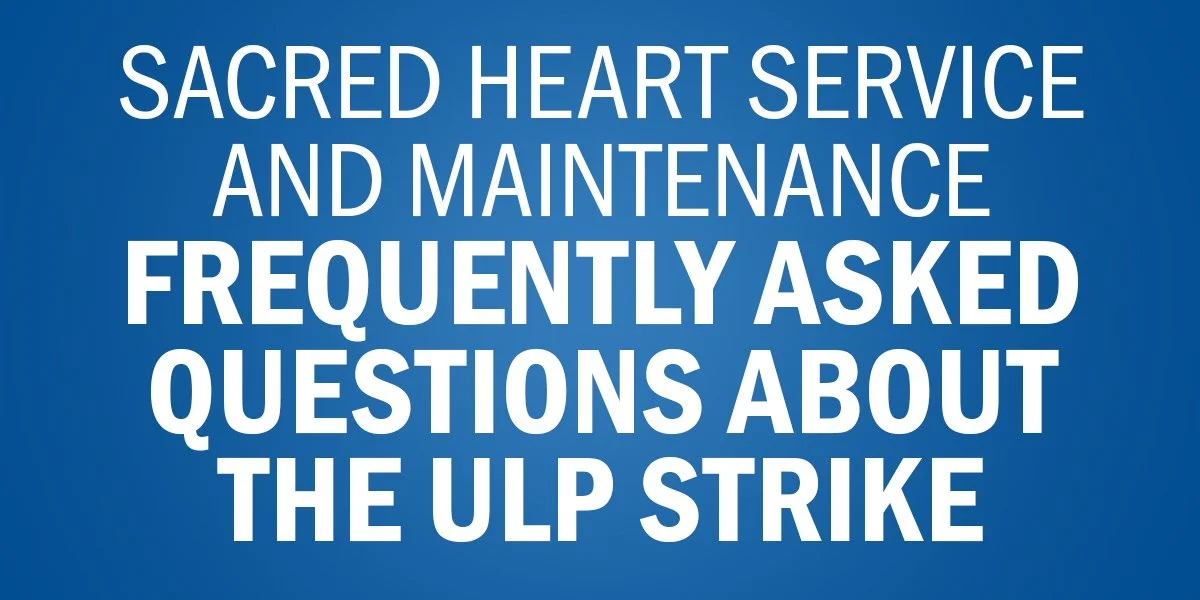Unsafe work requirements: Questions & Answers
/UNSAFE WORK ASSIGNMENT Q & A
During the COVID-19 crisis workers have been encountering situations that may be considered unsafe work assignments. In the normal day-to-day operations at work, workers are generally required to comply with management orders and directives. Complying with management directives is considered part of your job duties and not doing so can lead to discipline. Employees covered under a Union contract should usually "obey now, and grieve later." But situations might be different when you are being asked to do something unsafe.
The following Q & A addresses a specific exception to the general rule that employees must obey orders and grieve them later.
If you are being asked to do something unsafe at work, you should call your Union Rep (call 1-800-732-1188 to be connected) or the Member Resource Center (1-866-210-3000). Due to the high volume of calls we are receiving you may be directed to voicemail, but someone will reach out to you as soon as they can. You can also email safety concerns to safetyreport@ufcw3000.org
*If you are not a member of UFCW 3000 and need support, contact us!
Q: I've been asked to perform a work assignment that I feel will threaten my personal safety and expose me to serious bodily harm. Does my Union contract provide any protections for me?
A: Because you are covered by a Union contract the answer is yes. Your Union contract includes a just cause provision. In this situation, just cause means you should not be disciplined for refusing to obey an unreasonable order. An order to perform a work assignment that is likely to cause serious bodily harm to an employee is not reasonable. To be covered by this exception, your fear of bodily harm must be objectively reasonable and not speculative.
Q: Are there any specific laws that offer protection to workers who are asked to perform unsafe work assignments?
A: Yes, there are state and federal laws that provide additional or separate protections. One example is OSHA (click here to read an OSHA summary).
Q: What should I say to my employer if asked to perform a work assignment that is likely to cause me serious bodily harm?
A: It is always best to try to work with management to solve the problem. For example, you should explain to management why you feel the work assignment is unsafe or dangerous so that your employer has an opportunity to problem solve. You can also tell your supervisor you would be happy to accept the work assignment if it can be made safe to perform i.e., by providing you with adequate equipment or protective devices, adequate supplies, protective clothing, additional staffing, etc.
Q: Should I leave work if my employer insists that I perform the unsafe work assignment?
A: No, under most circumstances, you should stay on site and remain available to work safe assignments. If management sends you home, asks to meet with you to investigate the situation, or issues you any discipline, you should contact your union rep or the rep of the day immediately.



